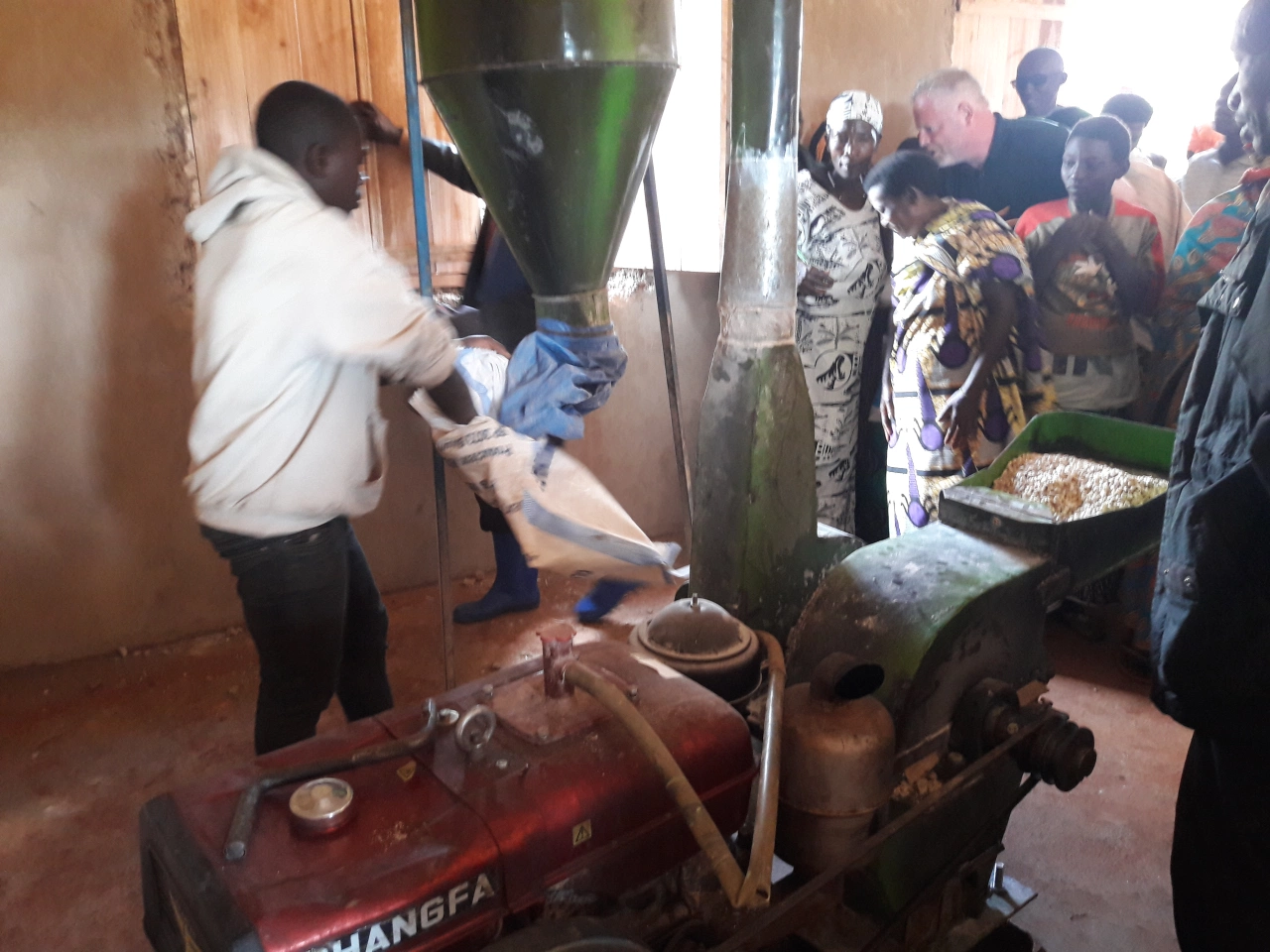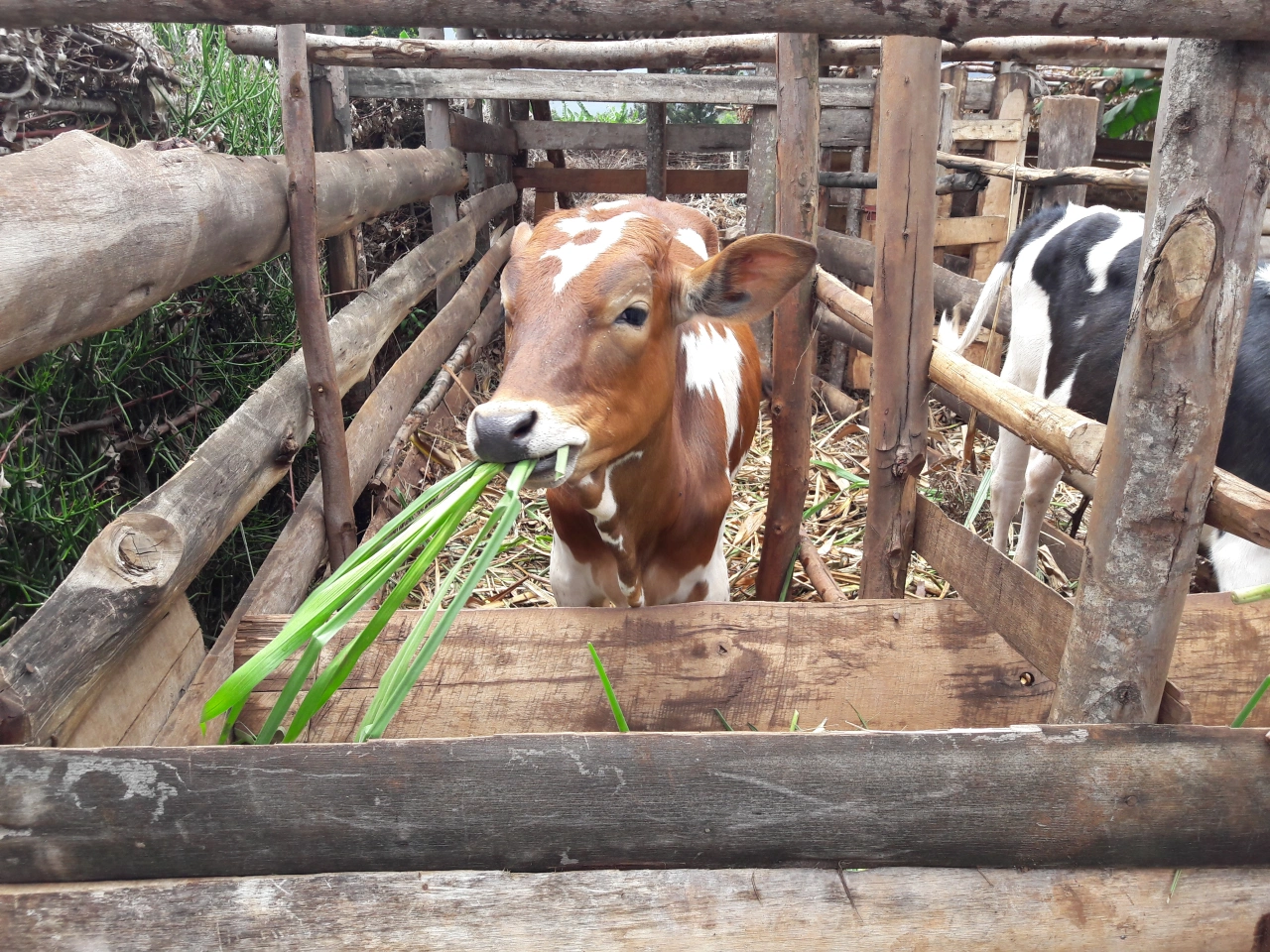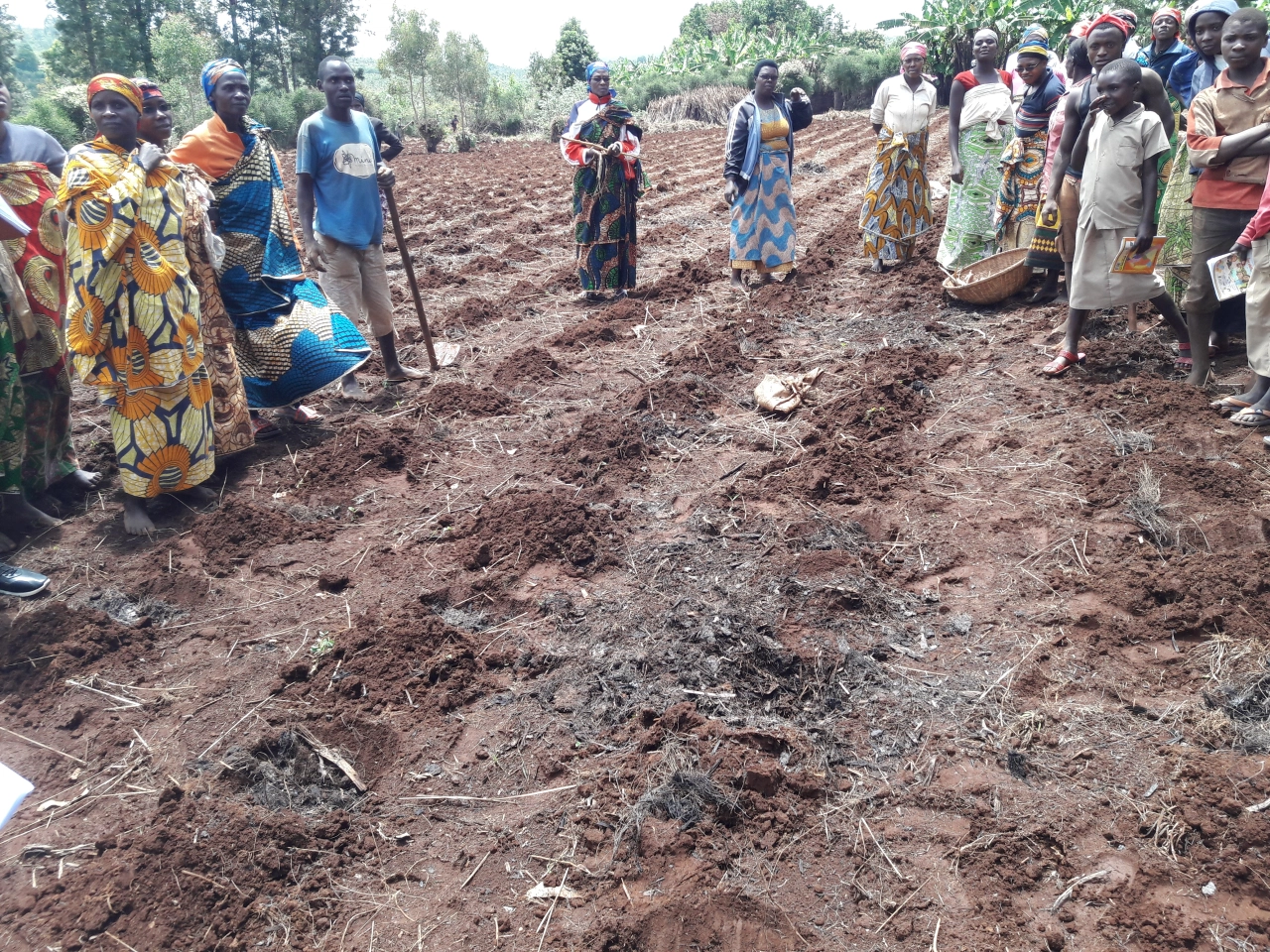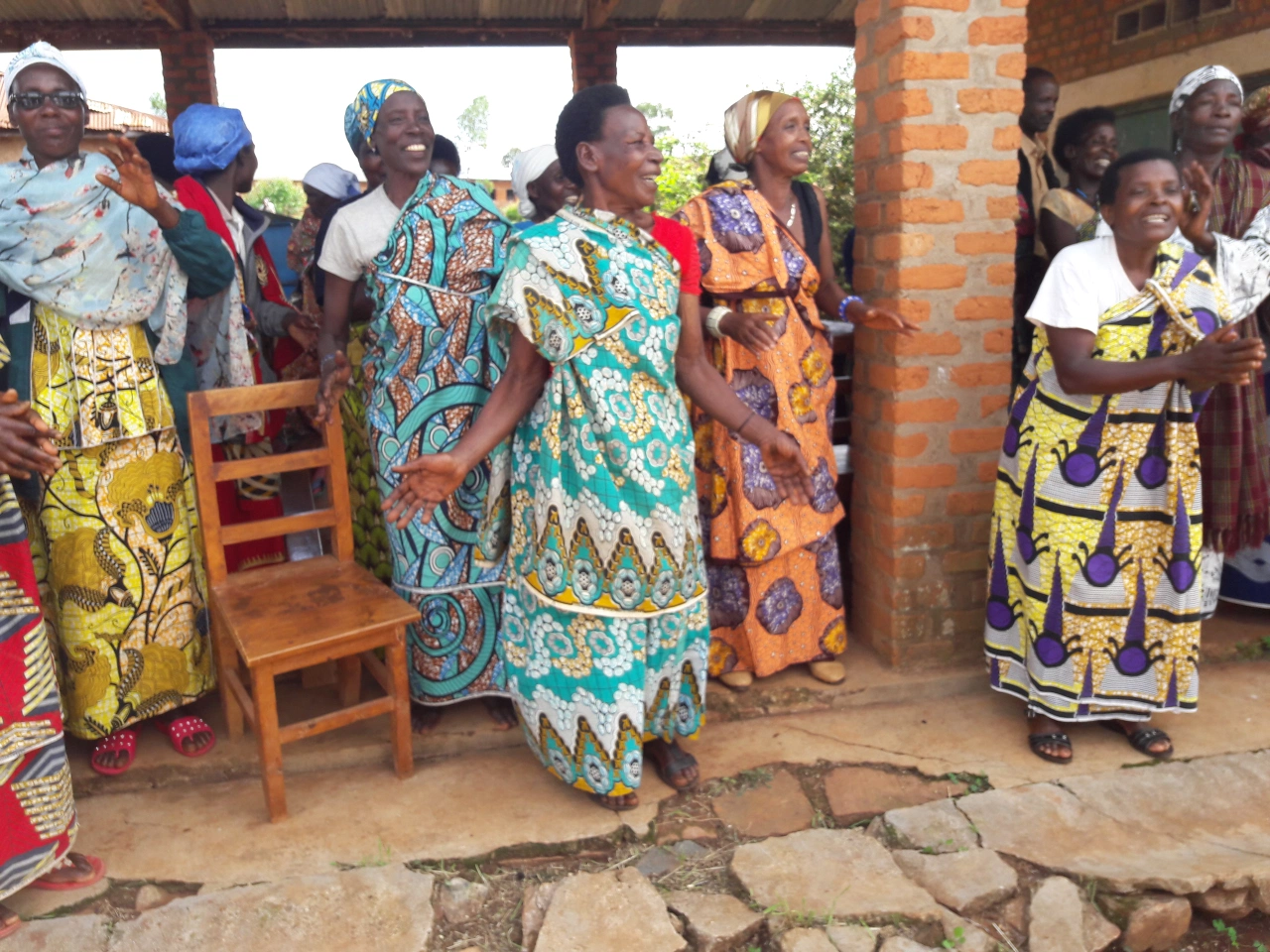Almost €60,000 has been raised by the people of the Church of Ireland Diocese of Cork, Cloyne and Ross since 2017 in support of a Christian Aid project in Burundi turning maize into flour to generate an income above subsistence level for local farmers.
The Cork, Cloyne and Ross Burundi project is in conjunction with Christian Aid, in partnership with the Church of Ireland Bishops’ Appeal. It has been supported by parishes, individuals and schoolchildren from Cork, Cloyne and Ross.
Burundi, on the continent of Africa, is one of the poorest counties in the world. The United Nations ranks it at 185 out of 189 countries on their Human Development Index. It is the most food insecure country in the world and 95% of the population directly or indirectly relies on agriculture for their livelihood. In addition there is a history of ethnic conflict. Burundi is recovering slowly from a civil war that lasted over a decade and claimed the lives of approximately 300,000 people and displaced many more.
The money from Cork, Cloyne and Ross has been used to form three cooperatives: Dutabarane and Terimbere. Cooperatives in Matana Diocese, and Igogoretse in Makamba Diocese, working with Christian Aid’s local partner, the Anglican Church of Burundi.
The main objective was to increase maize production and to help the cooperative members to move from a subsistence farming model towards a business model of agriculture. Local farmers, most of whom are women, receive training in good farming practices and have been supported also in getting access to land, selected seeds, fertilisers and livestock to provide organic manure. They have also been provided with processing units, storage rooms and capacity building training.
Partnership projects such as this have brought about substantial change, improving the lives of people living in poverty. One member of these cooperative, Esperance Kigongwe (44), a maize farmer and mother of eight children, explained the difference the cooperative had made:
Before, I used to plant without any order. Now I know that I need to make lines and respect the distance between planting holes. My harvest has increased. Before we had a storage room, our harvest would spoil. Now I get high quality maize flour from the processing plant. With the extra money, I have bought goats and also land for myself. I can pay for school materials for my children.
The three cooperatives are now at a mature stage and are almost ready to become fully sustainable without further external intervention. Some additional activities will guarantee this local sustainability and, therefore, the people of Cork, Cloyne and Ross are planning to renew their commitment to this Burundi partnership for a further three year period from 2020 until 2023 in order to achieve this.
DraggedImage.685703fc85bf42469150e8e475a9b538.png
DraggedImage.938d802ced754d3f90cc89c945615de6.png
DraggedImage.37681101e23b4d1e95c7c44229997aef.png
DraggedImage.cf24f8641bf349eb9ae61dc2fb183b28.png





